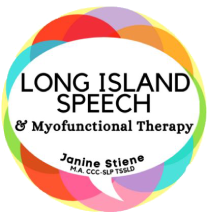Blog
Traumatic brain injury
Reminiscence therapy
Reminiscence therapy is a treatment that uses all the senses (touch, taste, sound, sight, and smell) to help individuals with dementia, traumatic brain injury, or any people with memory loss discuss past events, activities and experiences with another person or group of people. Typically, people with dementia lose their short-term memory first, and are still able to recall older memories. The goal of reminiscence therapy is to help the participants feel valued, content, and peaceful while strengthening past memories.
This therapy approach can involve simple activities, such as conversations about a patient’s past family photos. Other activities with reminiscence therapy include listening to the person’s favorite music, film clips from a certain time in the person’s life, settings from the person’s youth, or tools the person used in their past. These activities can help trigger a memory or sense of identity. A therapist can help the participant share thoughts and feelings, and can ask open-ended questions to facilitate discussion.
Reminiscence therapy is one of the most popular psychosocial interventions in dementia care. It is highly rated by both participants and providers. Studies have shown that reminiscence therapy may help alleviate depressive symptoms in the eldery and helps strengthen personal memories. Many older people with Alzheimer’s disease often have depressive symptoms.
Megan M. MA CF-SLP, TSSLD
References
https://www.ncbi.nlm.nih.gov/pubmed/15846613
https://www.asha.org/PRPSpecificTopic.aspx?folderid=8589935289§ion=Treatment
https://www.ncbi.nlm.nih.gov/pmc/articles/PMC5758240/




